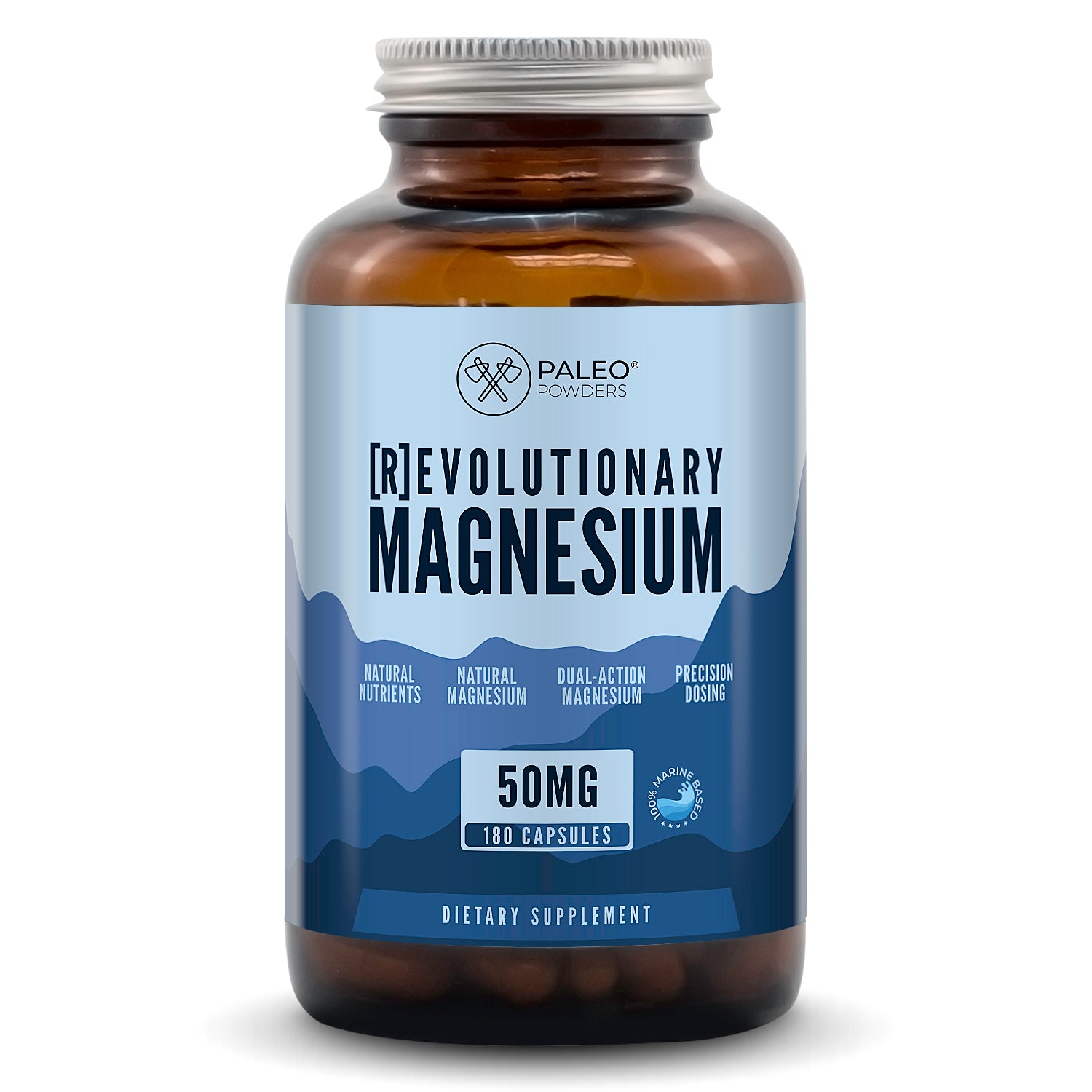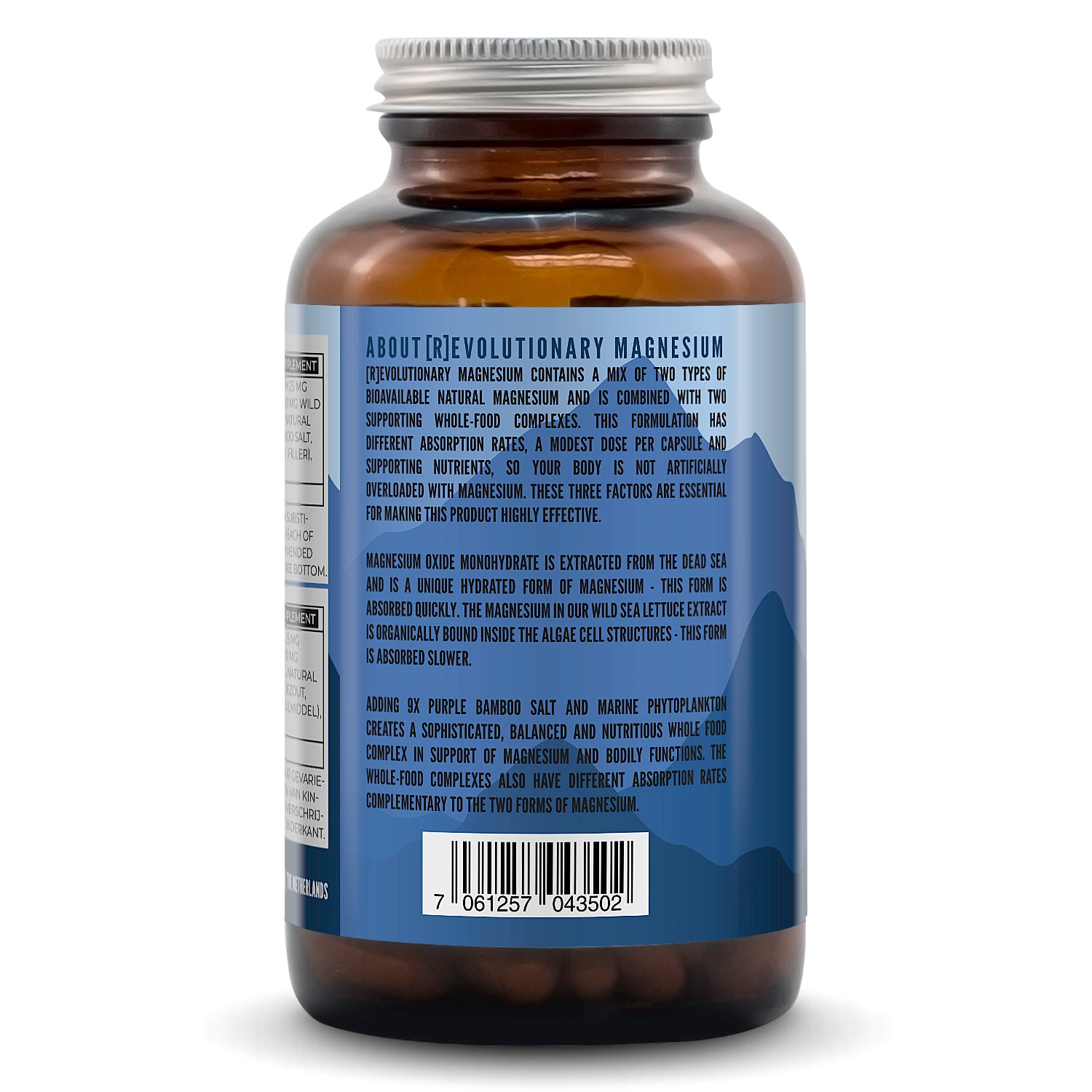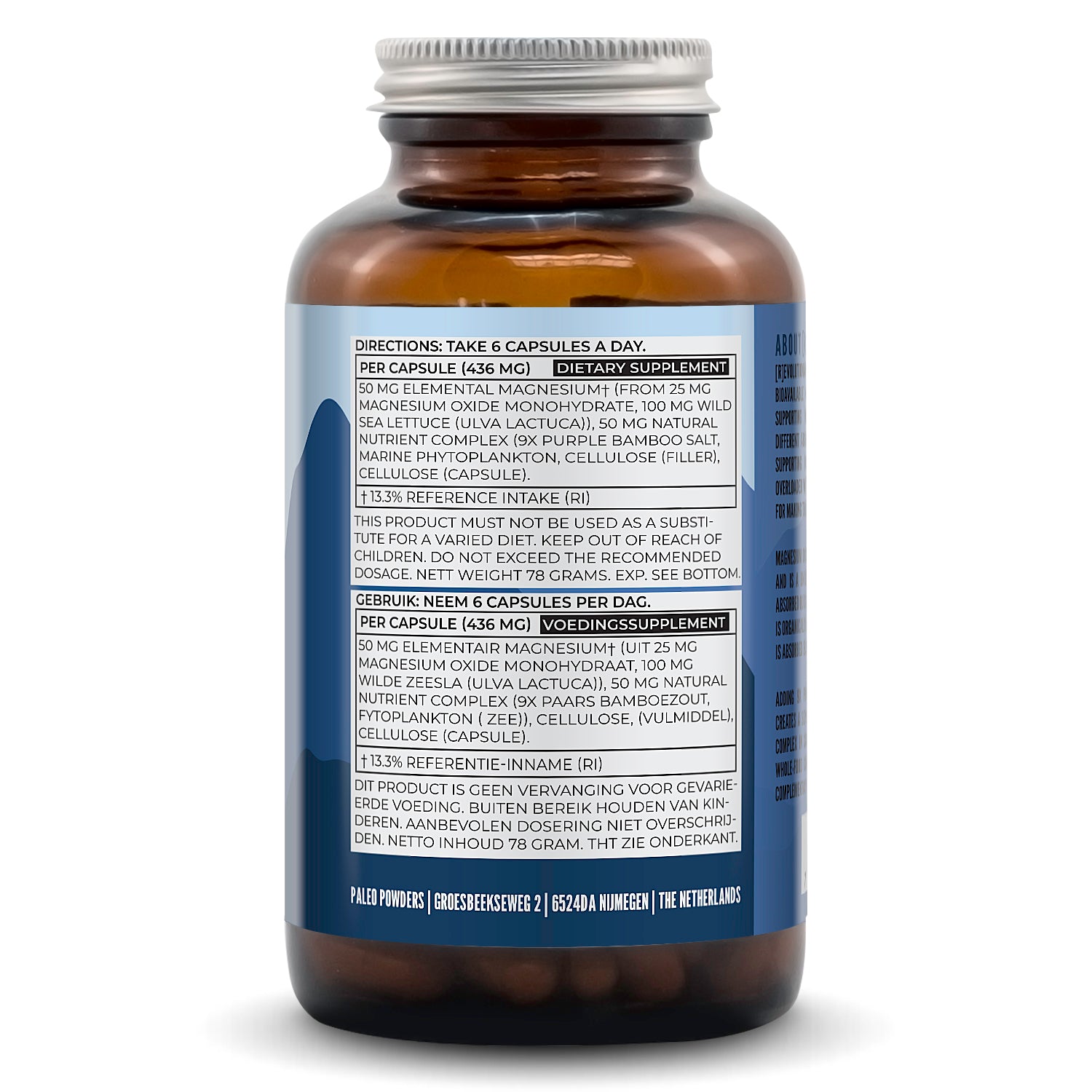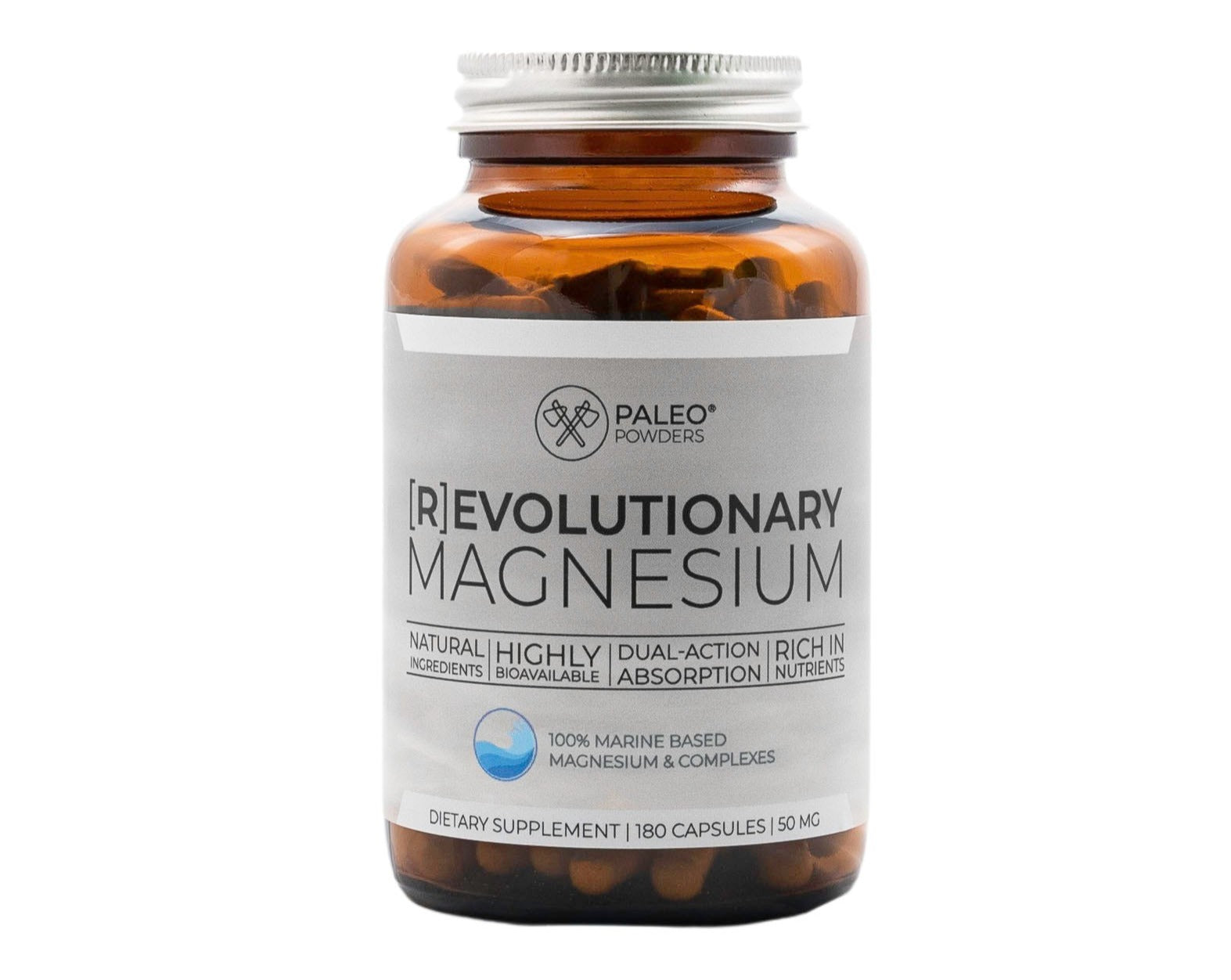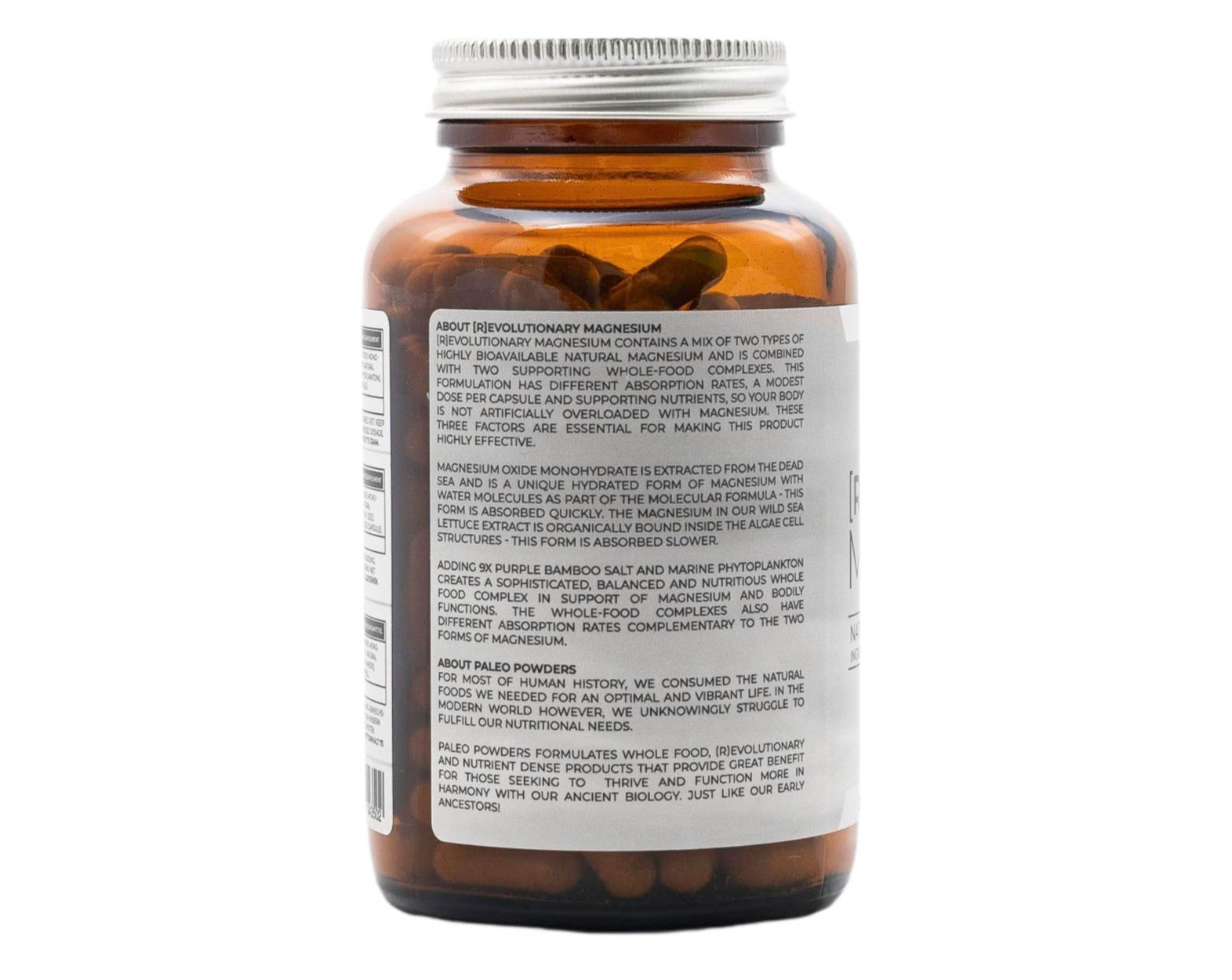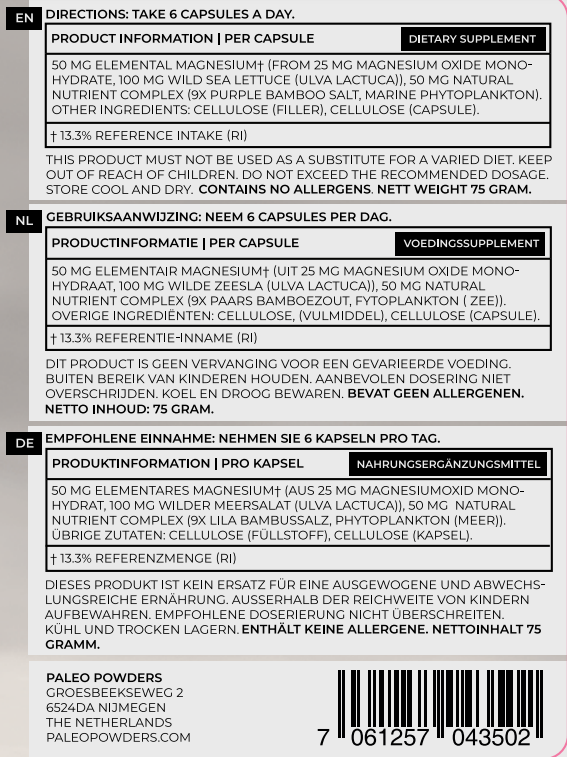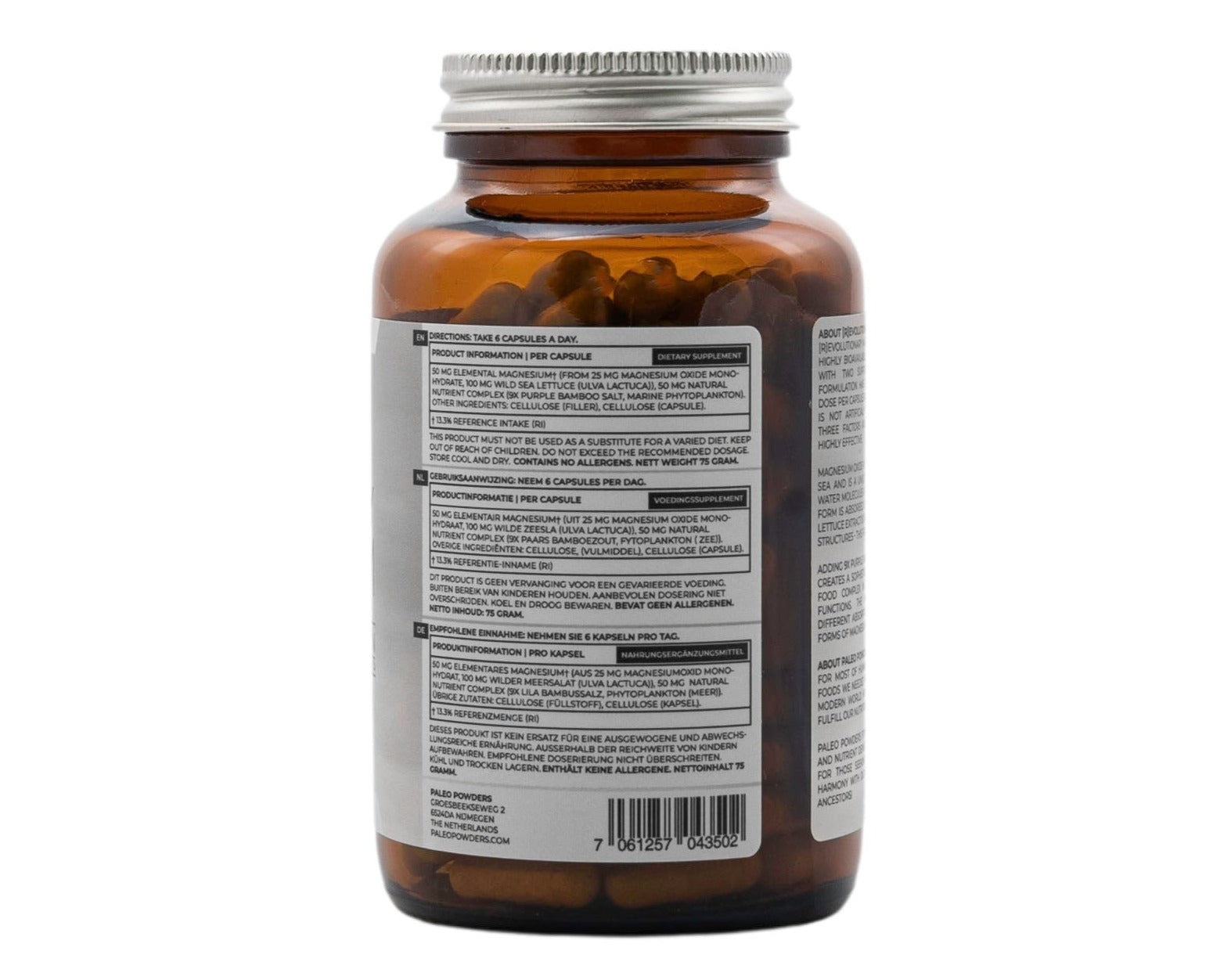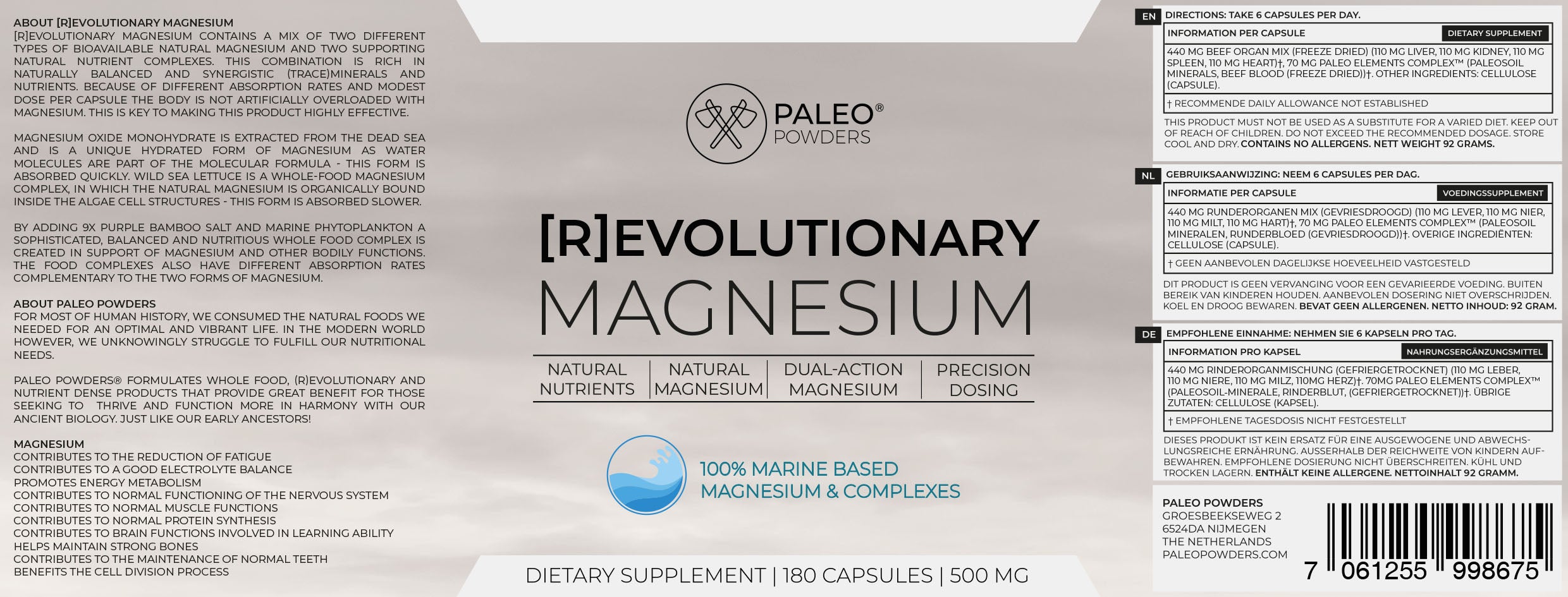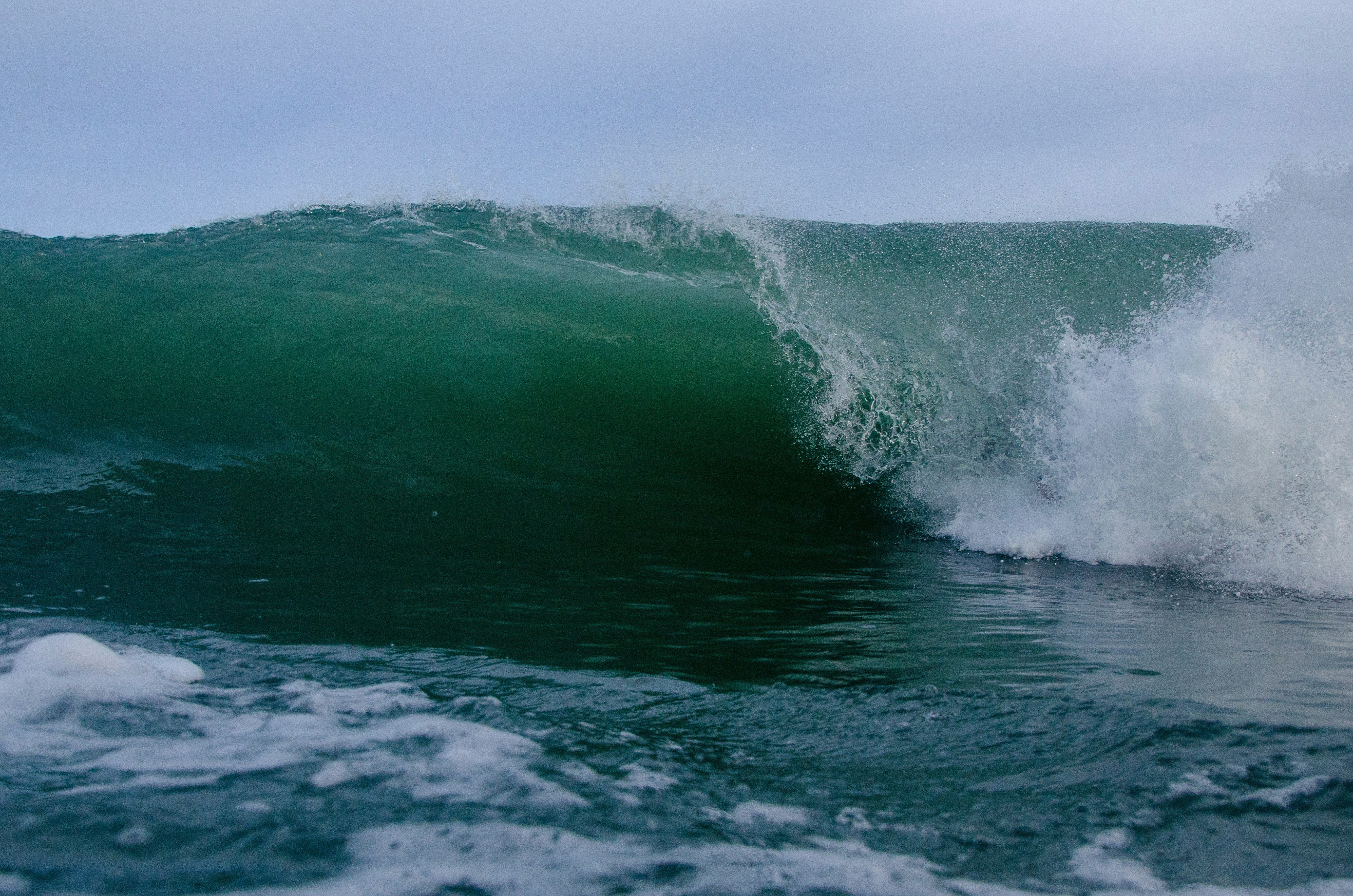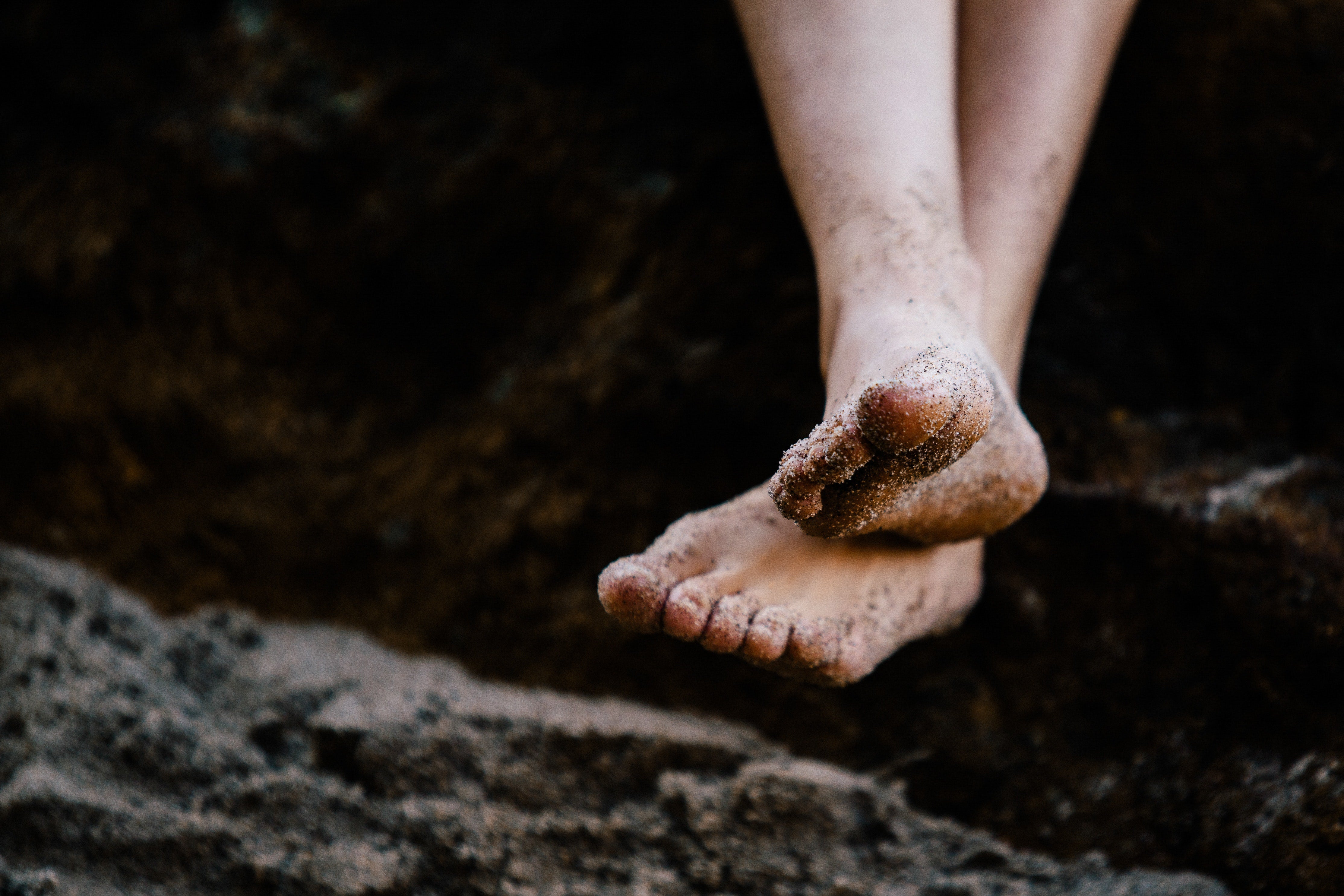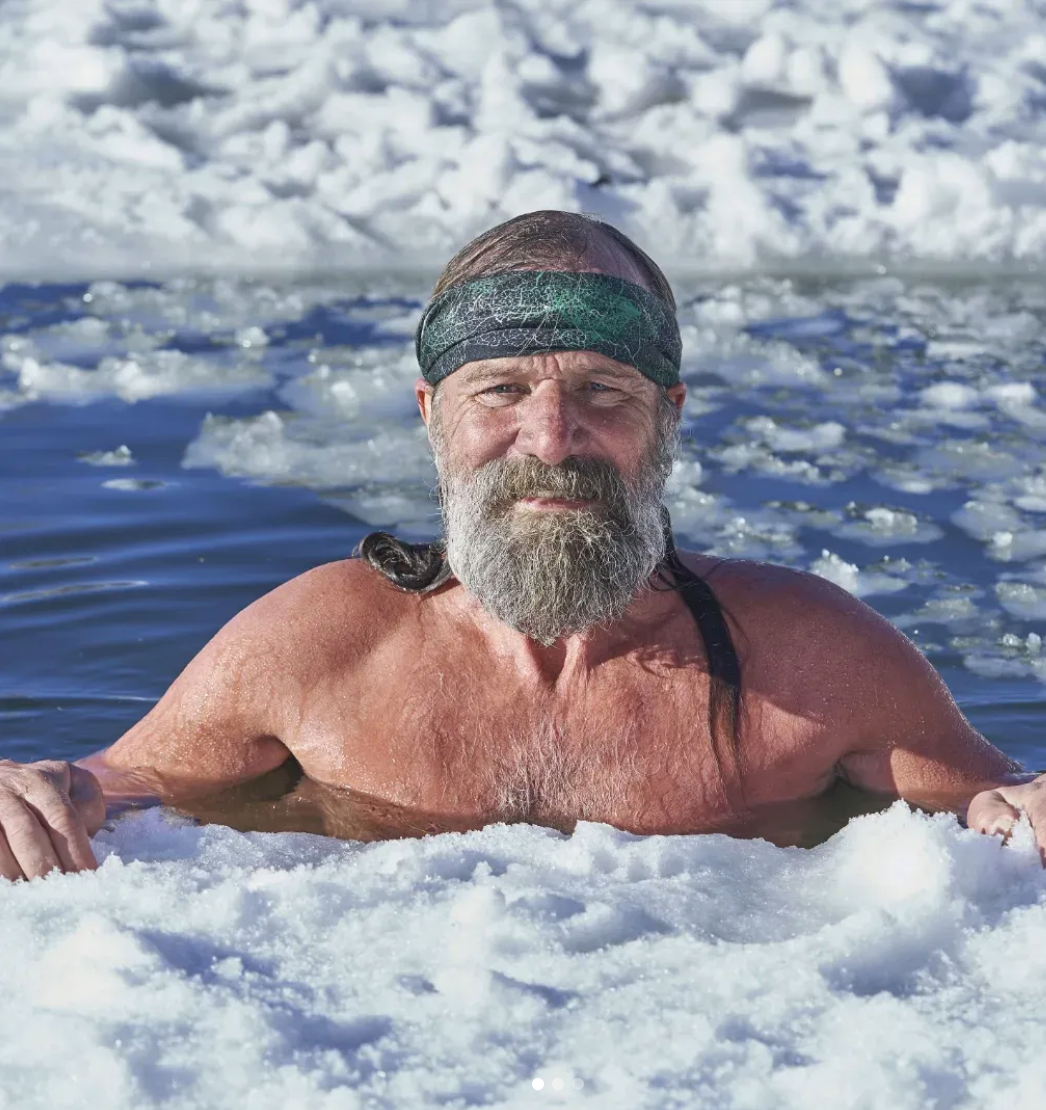
Cold water therapy
Ice baths, or cold water therapy, have been used for centuries for their purported health benefits. In ancient civilizations, cold water was used to treat various ailments and was believed to have medicinal properties. The ancient Greeks and Romans used cold water immersion to treat injuries and improve general health.
Ice baths became more widely used in the 19th century, especially among the wealthy. During this time, "taking the water" became a popular activity, with people traveling to spas and resorts to immerse themselves in cold water. This practice continued to grow in popularity and was eventually adopted by professional athletes as a way to improve recovery and prevent muscle soreness and injuries.
By immersing the body in ice-cold water for 10-15 minutes, individuals can experience improved muscle recovery, improved circulation, a natural boost of energy, improved mood, improved stress and mental resilience, and improved sleep.
Muscle recovery can be improved by ice baths due to the constriction of blood vessels and reduced blood flow to the muscles. This helps reduce the severity of Delayed Onset Muscle Soreness (DOMS) and the risk of muscle damage or injury.
When exposed to cold temperatures, blood flows from the extremities to the core to protect vital organs and keep them warm. This forces the heart to work more efficiently, increasing the supply of oxygen and essential nutrients to tissues throughout the body.
Poor blood circulation contributes to common complaints such as muscle pain, fatigue and headaches. Regular ice baths can help improve circulation and reduce these symptoms and their associated risks.
A natural energy boost is also possible through ice baths. The sudden immersion in cold water stimulates the body's survival instincts, releasing adrenaline and increasing energy metabolism. This can help energize both body and mind for up to 30 minutes after immersion.
Ice baths have also been shown to improve mood and mental strength. The process releases endorphins and stimulates the production of norepinephrine, neurotransmitters linked to happiness and a reduced risk of depression. Additionally, regularly challenging the body and mind to cold temperatures can build mental resilience and a sense of achievement.
Stress and mental resilience can be improved by ice baths due to its effects on the vagus nerve. The cold temperature of the water activates the vagus nerve, which is connected to the brain and abdominal organs. Over time, repeated activation of the vagus nerve through ice baths can help build better stress resilience by dampening the stress response and aiding the body's recovery.
While the benefits of ice baths are numerous, it is important to take the proper precautions to prevent injury. It is recommended to start with short immersions in cold water and gradually increase the time as the body becomes accustomed. It is also important to warm up gradually after an ice bath and avoid exposure to cold temperatures for extended periods of time.


